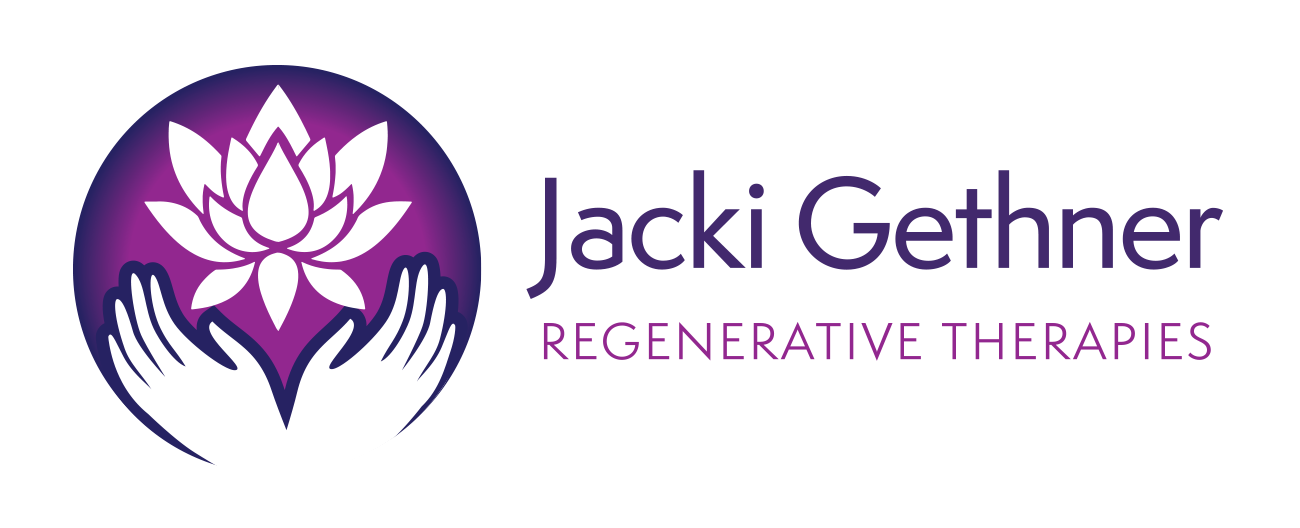After COVID-19:
The New Self-Care Paradigm
Supporting Providers, Staff, & Clients in the “New Normal”
As people come back to work — whether online with clients or face-to-face — there are new layers to address as regards to the various methods of support usually offered. People are now often dealing with potential unemployment, fear of contracting the virus, or other consequences of the virus. As professionals start to work again, they need to have new systems and mindsets to address these concerns. This workshop focuses on teaching how to assist client and staff interactions in a healthy way and supports with tools, coping strategies, and other methodologies that can ease the challenges and help people ground during this “new normal.”
More About this Workshop
The content addresses the multifaceted impact of stress on the body, especially in the light of the current pandemic, and was designed to present practical information from a growing body of biomedical research on the physiology of the human stress-response. It uses language that is appropriate for non-scientifically oriented participants and presents a variety of skills that are commonly used in stress management.
These techniques have been demonstrated to produce a predictable and measurable impact on the neuroendocrine biology of human stress response and can be practiced in the workplace with minimal disruption.
Who is this Workshop Designed to Support?
In short, it’s for anyone who has a relationship with clients that require an environment of trust and safety. Examples include workplace settings, office visits with clients, recovery programs, and anyone who interfaces with vulnerable communities.
Specific groups include those working with people who have HIV and other chronic illnesses, those dealing with side effects from medications, families with adopted kids who face somatic challenges, individuals with disabilities, those working in community justice, and other state client-focused programs.
Examples of How these Techniques Can Support You & Your Clients
Individuals face a number of challenges in this new paradigm, such as poor sleep, increased pain episodes, and personal challenges from unemployment to depression and anxiety. Clients need to feel a sense of trust and confidence in the individuals and communities that support them so they can move forward independently to meet their own goals. Workshop attendees have the opportunity to learn coping skills to help themselves, their families, and to pass on to their clients.
Additional Opportunities Post-Training
This workshop can also be followed up with a “train the trainer” full-day retreat. There is also the opportunity to track and follow up on the results of either workshop with individual one-on-one consultations (via Zoom or by phone) to answer additional questions and offer support.
Continuing education certificates can be awarded, if applicable to licensure.
Background of this Workshop
The learning framework for this training is based on the Knowles adult learning paradigm and takes advantage of the results and findings from the Multnomah County SMART Supervision Project and other workplace improvement programs. A survey performed in 2020 demonstrated a powerful impact from this seemingly simple focus on self-care and stress management techniques for workers and their clients.
Results of Pilot Project
The results of the survey performed before and immediately after the pilot training combined above.
The results prove that such a training is not only feasible but also greatly improves the understanding of how stress impacts the body. In the study, consistent maintenance of the improved understanding of the mechanisms and physical manifestations of stress was documented. All the respondents were using some or all of the demonstrated stress-reduction techniques both at home and in the workplace. Several participants, having discussed the techniques with clients, found them easy and beneficial in managing the moderate to severe stress that impacted their day-to-day life and work.
Participant Feedback (one month later)
“My clients want to feel better. They were open to suggestions and to learning new techniques that they are in control of.”
“I feel energized. I even joined a gym. If I don't feel like working out, I will go to the hot tub and relax. I use my lavender oil and place it on the rocks you gave us. I have them on my desk.”
“Now I breathe with intent. I purposely try to relax when I become aware of stress in my body (ie. walk, drink or eat something healthy). I seek to identify what my stressors are and eliminate them.”
About the Presenter & Contributions
Jacki Gethner, (LMT, Certified Alcohol & Drug counselor from 1998-2019) is a national/international health advocate, activist and educator. Since 1987, she has been sharing her massage and bodywork skills through her private practice and as an educator and workshop presenter.
Mark Loveless, (MD, MHA, FACP) is an independent biomedical resource providing his personal opinion as to the association of stress and the neurophysiological response and has created supporting information for this workshop.
Relevant Feedback:
“Jacki's workshop will remind you how important it is to take care of yourself. Easy self care strategies are provided… I use them to this today. She has a very soothing voice and a calm about her that is refreshing. If you want to improve your health, I highly recommend her workshops!”
— Kate Desmond, MSW
Department of Community Justice

